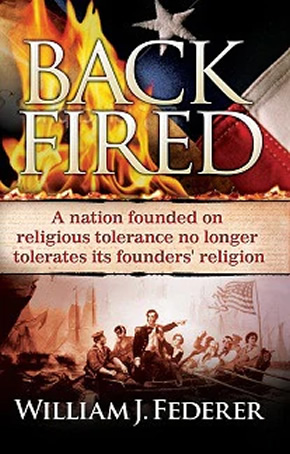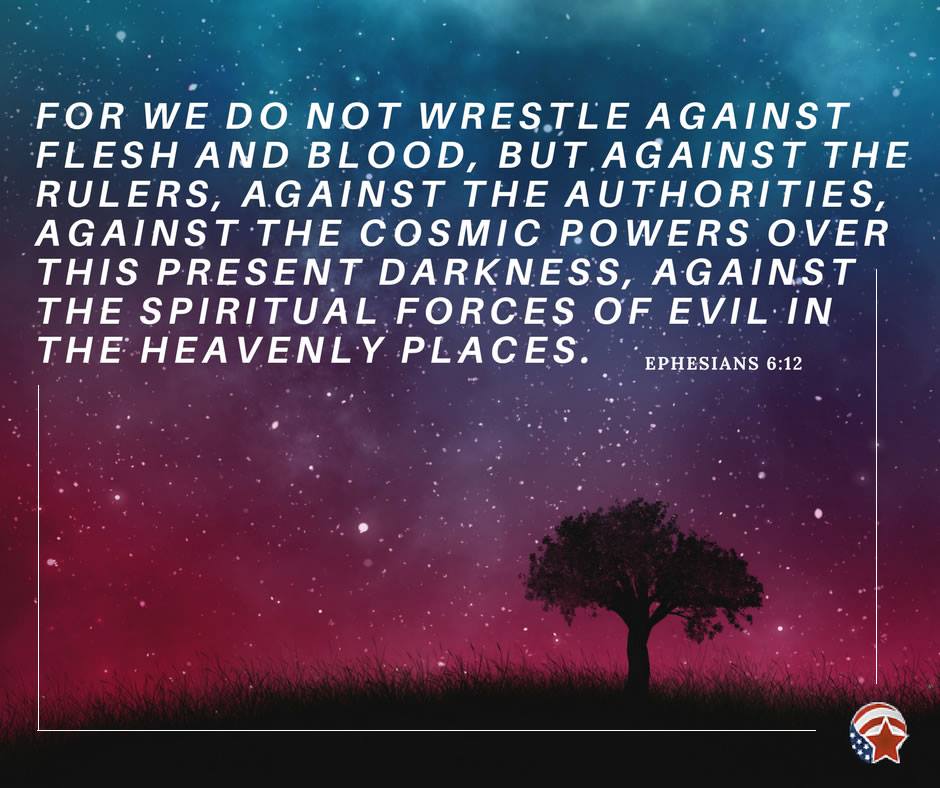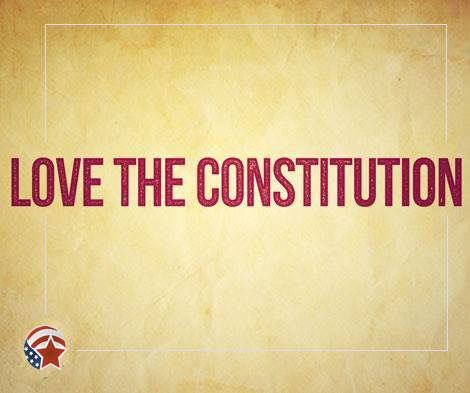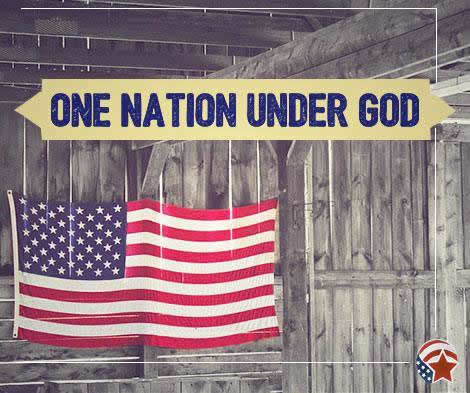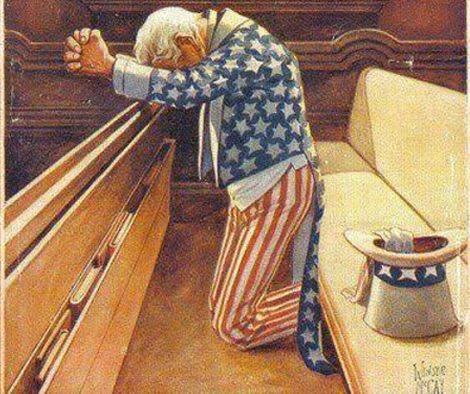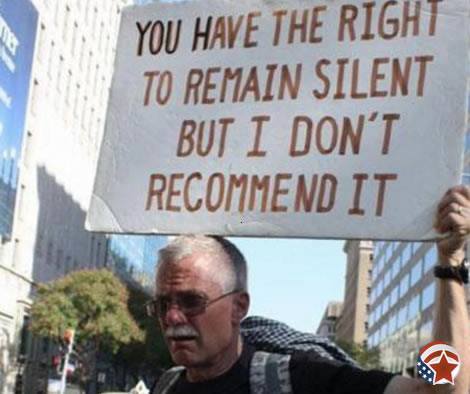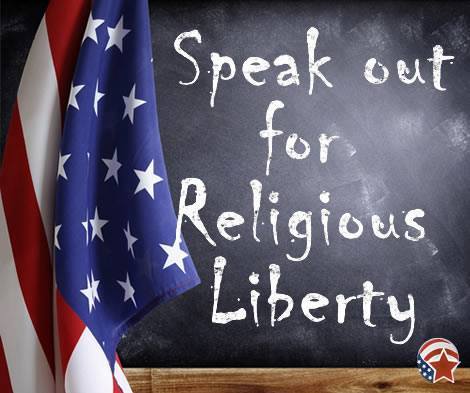Read entire American Minute article here
American Minute with Bill Federer
“The most important thing is to bring people to Christ, — and the second most important thing is to preserve the freedom to do the most important thing!”–W.J. Federer
This was the attitude of many pastors and seminary-trained founders who served in America’s early government.
Rev. John Witherspoon (1723-1794) was a Scottish Presbyterian pastor and President of Princeton who was a delegate to the Continental Congress where he signed the Declaration of Independence.
Rev. John Peter Muhlenberg (1746-1807) was a Lutheran pastor in Virginia who became a major general during the Revolutionary War, a U.S. Congressman and a U.S. Senator.
Rev. Frederick Augustus Muhlenberg (1750-1801) was a Lutheran pastor in New York who was elected a U.S. Congressman and was the First Speaker of the House, signing the Bill of Rights.
Rev. Abiel Foster (1735-1806) served as pastor in Canterbury, New Hampshire, a delegate to the Continental Congress, the New Hampshire Legislature and a U.S. Congressman.
Rev. Benjamin Contee (1755-1815) was an Episcopal pastor in Maryland who served as an officer in the Revolutionary War, a delegate to the Confederation Congress, and a U.S. Congressman.
Rev. Abraham Baldwin (1754-1807) served as a minister at Yale, a chaplain in the Revolutionary War, a delegate from Georgia to the Continental Congress, a U.S. Congressman and a U.S. Senator.
He was the founding president of the University of Georgia.
Rev. Paine Wingate (1739-1838) was a pastor in Hampton Falls, New Hampshire, who served as a delegate to the Continental Congress, a U.S. Congressman and a U.S. Senator.
Rev. Joseph Montgomery (1733-1794) was a Presbyterian pastor in New Castle, Delaware, married to the sister of Dr. Benjamin Rush, a signer of the Declaration.
He served as a chaplain in the Revolutionary War with Colonel Smallwood’s Maryland Regiment.
Montgomery was elected a delegate from Pennsylvania to the Continental Congress, a judge, and a representative in the State Assembly.
Rev. James Manning (1738-1791) was a Baptist pastor in Rhode Island who was the first President of Brown University where, during the Revolutionary War, he allowed General Rochambeau’s French troops to camp on the campus grounds.
He was elected a delegate to Congress.
John Joachim Zubly (1724-1781) was a Presbyterian pastor in Georgia who was a delegate to the Continental Congress.
Evangelist George Whitefield helped spread the Great Awakening Revival throughout the colonies. He was the first to preach to mixed race audiences.
In 1739, Whitefield inspired citizens in Philadelphia to have a charity school for blacks and poor orphan children, as Whitefield, himself, had gone to a charity school in England when he was a boy.
In 1740, his followers began building a church and charity school in the city….
Read entire American Minute article here

